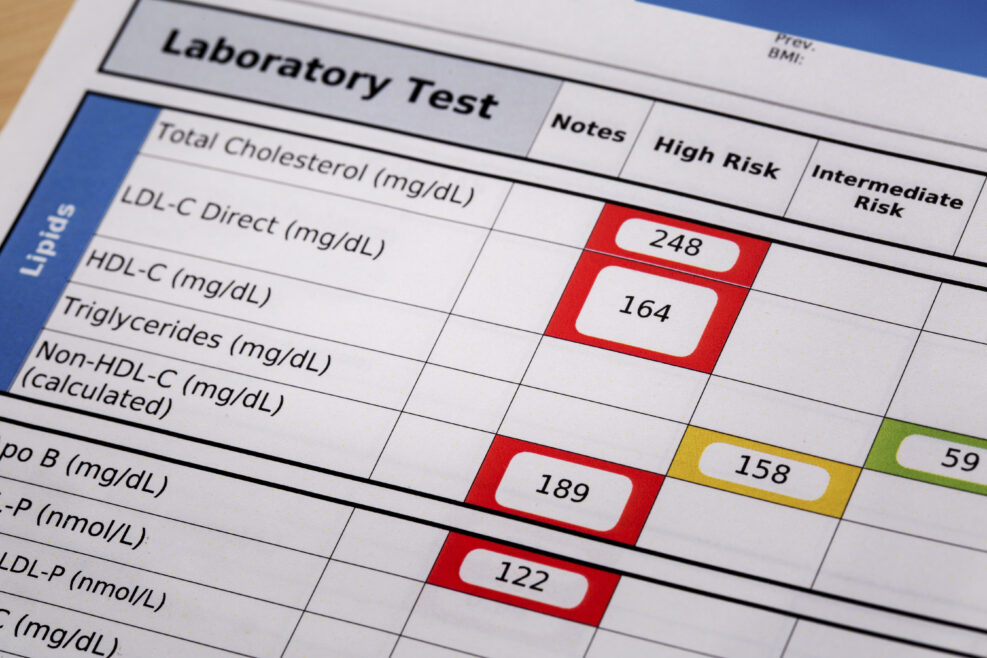
TagThomas Bayes


COVID-19, Bayes’ Rule, and Simpson’s paradox
Israeli data, when studied carefully, confirm the effectiveness of COVID-19 vaccinesIsrael has a very high COVID-19 vaccination rate and yet, on August 15, 2021, 58% of those Israelis hospitalized for COVID-19 were fully vaccinated — suggesting that vaccinations are ineffective or even harmful. This is a great example of two common statistical traps. The first is confusion about inverse probabilities. One hundred doctors were once asked this hypothetical question: In a routine examination, you find a lump in a female patient’s breast. In your experience, only 1 out of 100 such lumps turn out to be malignant, but, to be safe, you order a mammogram X-ray. If the lump is malignant, there is a 0.80 probability that the mammogram will identify it as malignant; if the lump is benign, there is a 0.90 probability that Read More ›

Five Surprising Facts Re Famous Scientists We Bet You Never Knew
How about juggling, riding a unicycle, and playing bongo? Or catching criminals or cracking safes?We know what famous scientists like Einstein are famous for but we don’t know much about who they are. Here are five personal life facts about scientists who made a big difference to our understanding of the world that you probably didn’t know. The most interesting one is saved for last. 1.Isaac Newton dressed as a bum to mingle with the unwashed and catch criminals. Isaac Newton (1642 – 1727) was the father of classical physics and an inventor of calculus. When students take their first college classes in calculus and physics today, they study the concepts Newton developed in the 17th century. But Newton also wrote over a million words on Biblical prophecy. He was also the Warden and Read More ›

How Bayes’ Math Rule Can Counter Unreasonable Skepticism
Mathematics is much more interesting if we know a bit about the players and their positionsYesterday, we discussed the importance of Bayes’ rule in statistical reasoning. We used the example of a person who goes for a battery of screening tests and comes up positive for HIV. Let’s say she is surprised (and alarmed) because she is not at any known risk for HIV. But, it turns out, the risk of false positives for the test is several times greater than the incidence of HIV in the population. In that case, it is reasonable for her to suspect—on a statistics science basis, not just wishful thinking—that the test is a false positive. The formula we used is part of Bayesian reasoning, originally developed by an eighteen-century British clergyman and mathematician Thomas Bayes (1702–1761), but now Read More ›

Can an 18th Century Statistician Help Us Think More Clearly?
Distinguishing between types of probability can help us worry less and do moreThomas Bayes (1702–1761) (pictured), a statistician and clergyman, developed a theory of decision-making which was only discussed after his death and only became important in the 20th century. It is now a significant topic in philosophy, in the form of Bayesian epistemology. Understanding Bayes’ Rule may be essential to making good decisions. Let’s say that you are a generally healthy person and have no symptoms of any illness and no specific risk factors for any illness. Acting on a friend’s suggestion, you get screened for a variety of diseases, just to be sure. Of the diseases you test for, the HIV test comes back positive. You read on the package that the test is 99.6% accurate. Are you more likely Read More ›